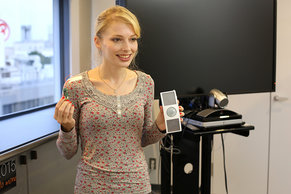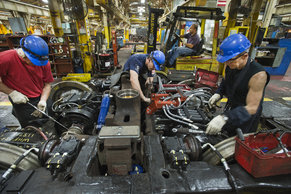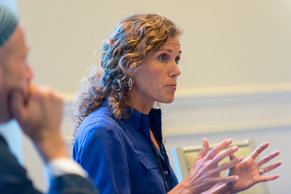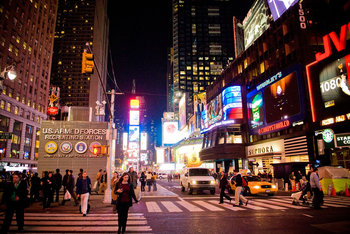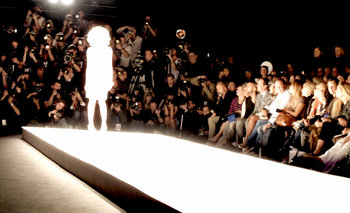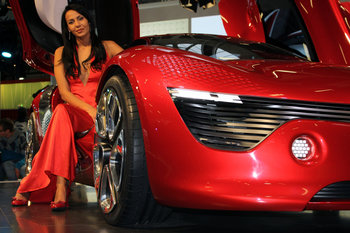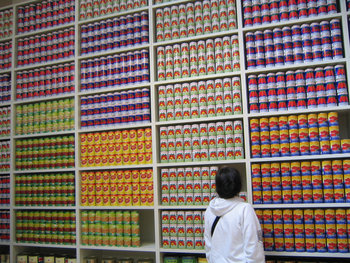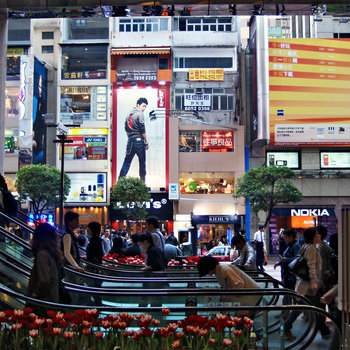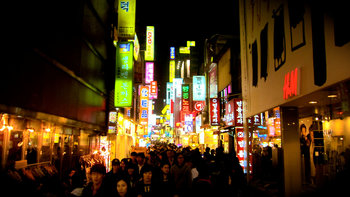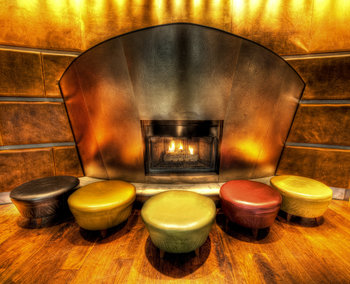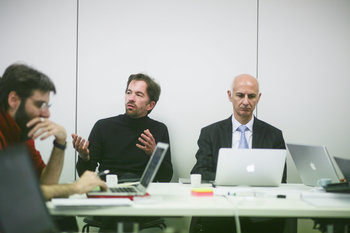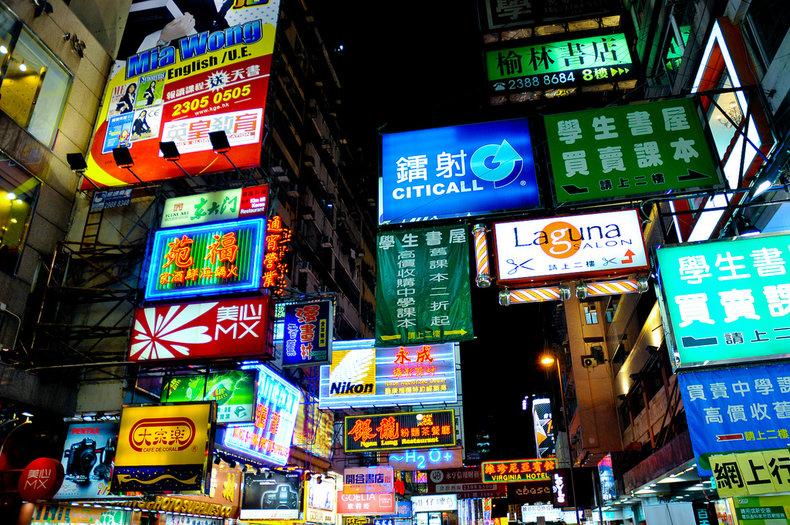
Founder
The name of a founder. For example, Toyota is based on the name of the founder Sakichi Toyoda.Luck
It is surprisingly common to pick a name that is considered lucky according to culture and superstition. Toyota cars were originally sold under the name Toyoda but the name was changed because Toyota in Japanese, トヨタ, has 8 brush strokes and that's considered lucky.Functional
It is common for small businesses to pick functional names that describe exactly what the business does. This is useful if you don't intend to spend resources on branding. For example, a name such as "Dave's Carpentry" directly describes what a business offers.Invented
Large firms often invent a short new word to describe a business that is easy to pronounce and remember for branding purposes. Invented names may be based on wordplay such as contractions of words and phrases.Culture & History
Using terms from culture and history. For example, Nike is an ancient Greek goddess of victory.Fiction
Inspiration from fiction such as characters, places, concepts and fictional companies. For example, Starbuck is a character in the book Moby-Dick.Locations
The names of places. Although Starbuck appears in Moby-Dick, the name Starbucks was originally inspired by a mining town called Starbo.Local Names
If you intend to mostly market your products and services locally a name rooted in local culture, history or folklore may be effective. Local names can also be useful when you want to highlight the source of your products such as wine from a well known wine making region.Ingredients
Highlighting your ingredients. For example, a brand of organic food might go for a natural sounding name.Values
A name that captures your values and ethics. Common amongst organizations such as charities or companies founded with an environmental and/or social mandate.Generic Names
Shell companies that are created as a legal structure need not have a descriptive name that pretends they do something. In some jurisdictions, it is common for shell companies to be given numbered names.Acronyms
Quite a few large firms are known by acronym based names such as BMW, LG, KFC and GM.Out of Context
Using a word out of context such as Apple.Foreign Language
Short phrases from foreign languages. A common source of invented words created by altering spelling to make foreign words more catchy in the native language of the firm. For example, the brand Fanta is based on the German word fantasie, meaning imagination.Unique Selling Point
A name that captures a unique selling point. If you're selling extremely high speed computing services, think of a fast sounding name.Odd Names
As a general rule, odd names tend to stick out. This is well known, leading to a large number of new brands with odd names. As such, it is possible that this effect becomes less pronounced with time.Emotion
Use of emotion such as feel good or cute names. For example, Milky, a brand of Japanese candy.Experience
Names that express the intangible elements of customer experience. For example, nightclubs often have posh or mysterious sounding names.Story
It is common for firms to have an anecdote about how their name was chosen that becomes part of their brand story.| Overview: Business Name | ||
Type | ||
Related Concepts | BrandingBrand RecognitionIntellectual PropertyBrand StorytellingMarket Research | |

